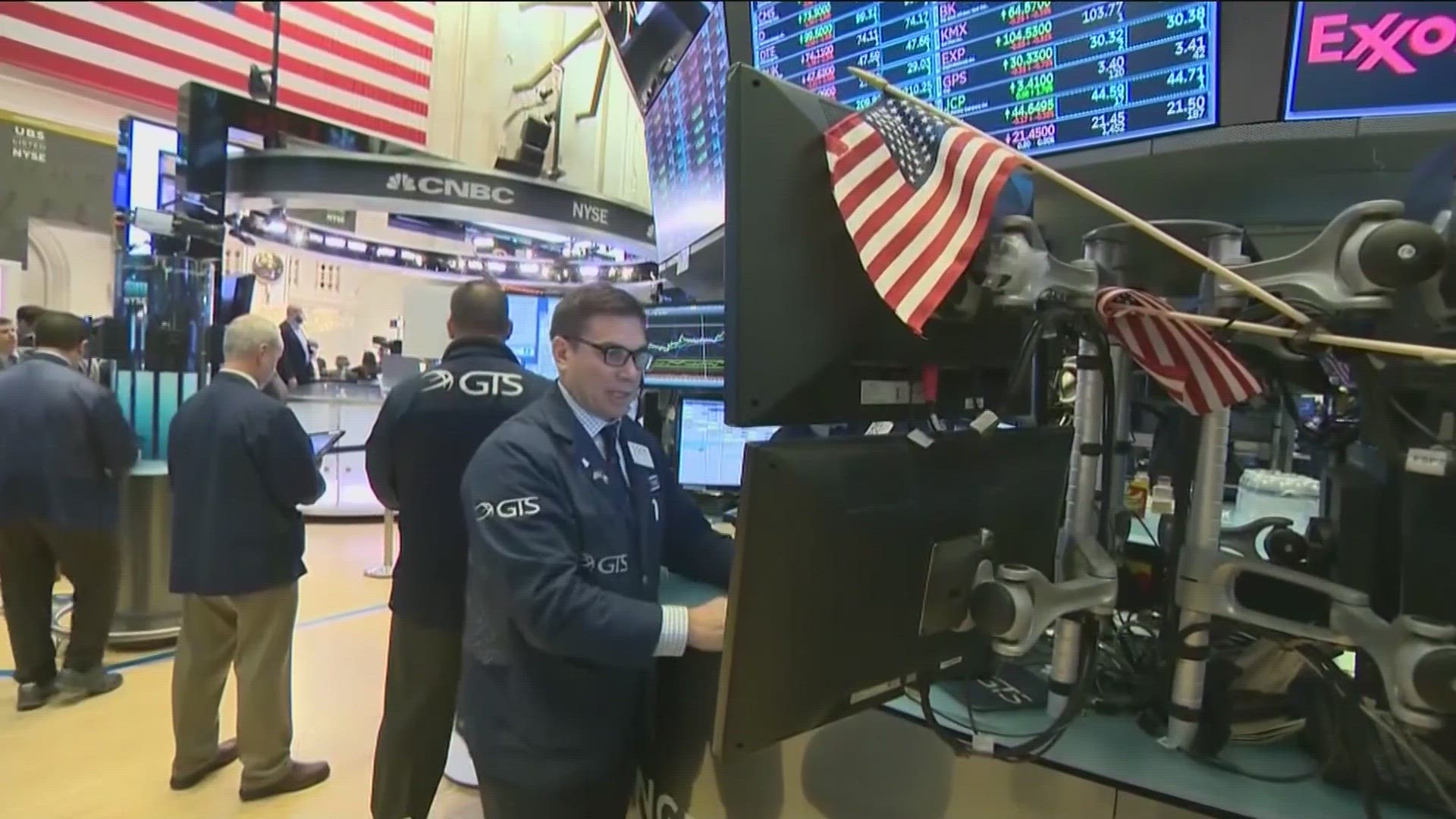TOLEDO, Ohio — On Monday, President Joe Biden and House Speaker Kevin McCarthy returned to tense negotiations about raising the nation's debt ceiling.
Treasury Secretary Janet Yellen warned that if a deal isn't reached soon, the country could run out of money to pay its bills by June 1.
If America really does default on its debt, you won't just feel it in your wallet; northwest Ohio financial experts say the impact would be felt around the world.
"The results are disastrous all the way around," Tim Croak, CEO of Croak Financial in downtown Toledo, said."No one wins. Neither political side wins."
The potential impacts are far-reaching.
"Significant hits to the financial markets; whether it's the Dow Jones, the NASDAQ, the S&P. This, in turn, would affect the values of pension funds, 401Ks, people's savings," University of Toledo associate professor of economics Michael Dowd said, "and people, overnight, would become less wealthy."
Those are just a few examples of what could happen if lawmakers don't reach an agreement on raising the debt ceiling which is an unthinkable option for many.
A default is something that has never happened before, Croak said.
In such a scenario, the United States would have to pay back all of the money owed, which Dowd said is trillions of dollars. It's a debt bigger than the US economy.
It would mean the government wouldn't be able to borrow any more money. Immediate cuts would be made to programs we've taken for granted including things like Social Security payments, veterans' benefits and even federal employee salaries.
"It would absolutely cripple the government we know of (and what it) has been known to be," Croak said.
Dowd says interest rates would take a massive leap on everything from credit cards to car loans, and inflation would skyrocket, subsequently raising prices at the pump, at the department store and at the market.
But what are the odds politicians in D.C. will actually let that happen?
"I think it's relatively low because the stakes are so high," Dowd said.
Croak agreed.
"I think everybody will come to their senses and I think it will actually be a productive discussion," Croak said. "But it's been a weird time politically, so you can't count on anything."

